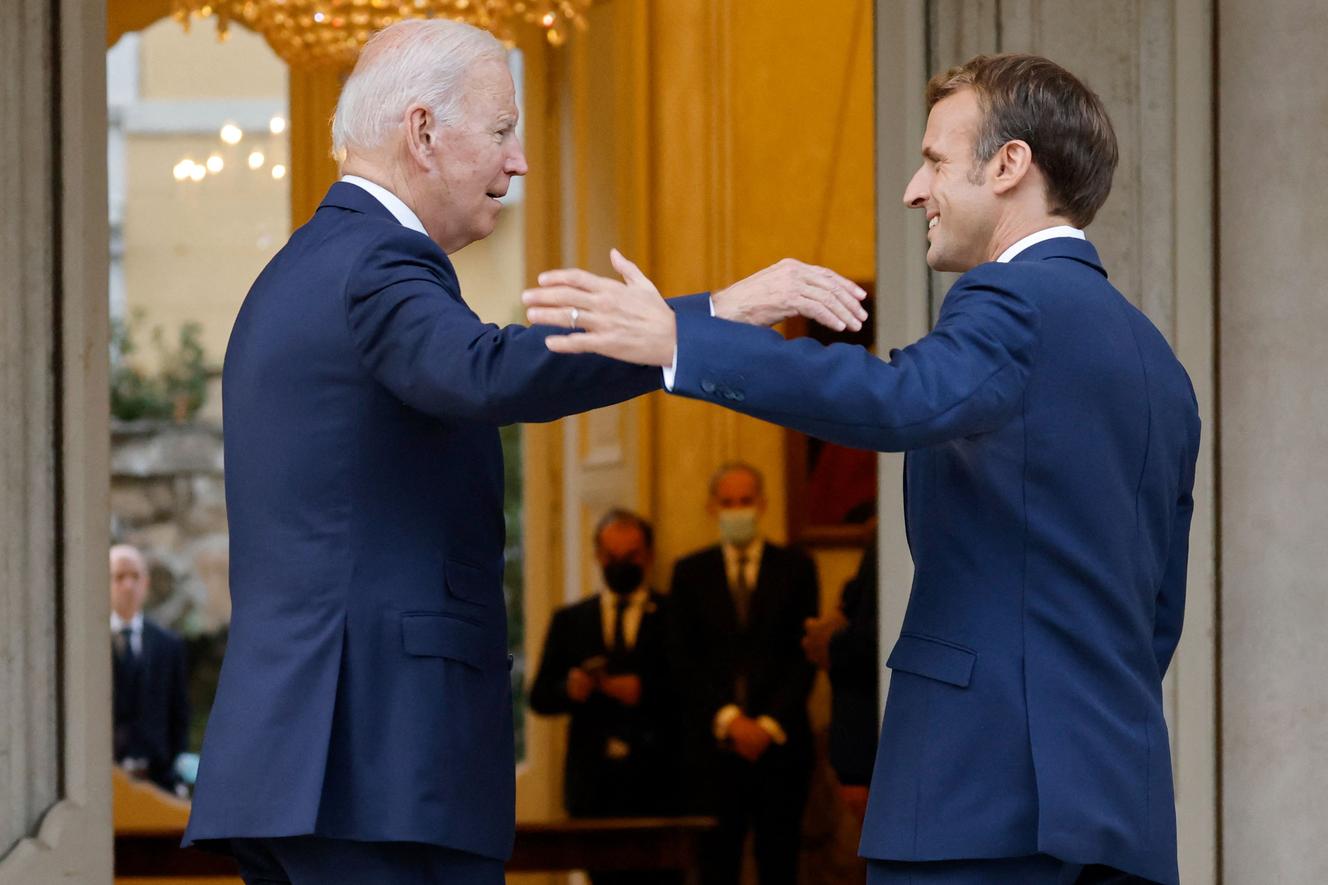DIn the major French dailies as well as in the television media, we reflect in a Franco-French way, evoking global geopolitics, universality, history, humanitarian concepts. France is a continental country. But among the Anglo-Saxon “islanders” (United States, United Kingdom, Australia, New Zealand), policy changes according to contracts, as the United Kingdom illustrates by seeking to scuttle France, with two objectives: to escape from Europe by humiliating France and to arrogate at all costs the biggest contracts, even if it is necessary for that to stab her in the back, which is the delight of the British tabloids.

Seen from the United States, the Australian submarine affair boils down to an attempt to bypass France, to grab a $ 120 billion contract that will benefit Lockheed-Martin and create thousands of jobs. Whatever the means, it’s the money that counts. This deception will do great harm to Australia, which will have to pay twice as much for its submarines, which does not have the means to deal with nuclear power and which will have to wait fifteen more years for deliveries. It is a disaster for Australia.
It is also evident that this new Aukus contract [du nom de l’alliance militaire entre l’Australie, le Royaume-Uni et les Etats-Unis] for Australian submarines is far from signed and delivered. If Australia ended the contract of the century with France when [le premier ministre] Scott Morrison has come to power, she might as well wake up and cancel the contract with the United States.
I lived in the United States for a long time and two of my best friends were close to American presidents, in particular Sarah Chayes, whose father, Abraham Chayes, designed the political program of John F. Kennedy in 1959 and whose mother was number 2 of the Pentagon under Bill Clinton. I understood that the United States is an island, whose allies change according to the value of the contracts.
It is obvious that the French cannot understand the Anglo-Saxon islanders when they apply the multilateral French logic to these countries. They do not understand that in the United States, only money matters. They are radically different worlds.
The Sino-American conflict is not about an ideology, it is about wealth and money. The US $ 750 billion defense budget is primarily intended to maintain the US dollar as the currency of world trade. This allows the United States to export its inflation and brings, by my calculations, about five thousand dollars a year to each American family. If the dollar collapsed, the US trade deficit would become intolerable. This is what is at stake in the United States’ conflict with China and with the euro.
François Lalonde, Montreal (Canada)
–


